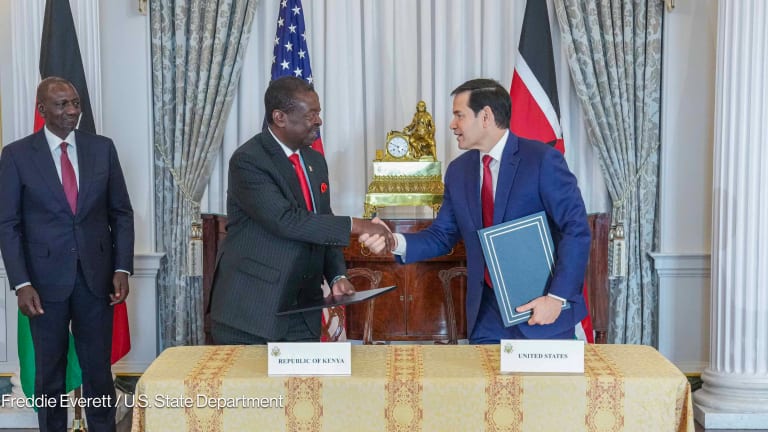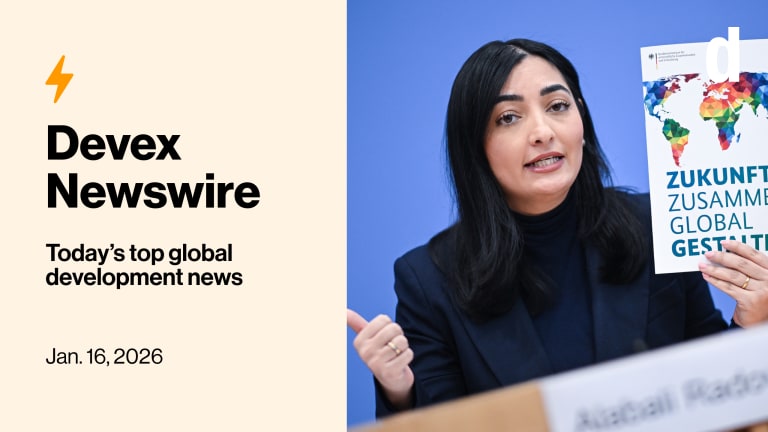
When the World Trade Organization announced a new agreement on trade facilitation last December in Bali, it was hailed as a landmark deal that would benefit both developed and developing countries.
Donors committed to providing technical assistance to help developing nations meet the requirements on improving and modernizing customs and border procedures, among others.
But as Devex previously reported, experts and observers have pointed out that the implementation of the agreement will be a challenge — and some developing countries are skeptical that rich countries will actually keep their end of the deal.
This week, Dan Runde, director of the project on prosperity and development at the Center for Strategic and International Studies, outlined how the United States could approach assistance for trade facilitation to ensure that the Bali commitments become a reality.
In his policy commentary, he estimates that the U.S. would need to commit about $150 million in new or redirected assistance over 5 years in order to finance trade facilitation and capacity building in developing countries. Runde considers the investment in trade facilitation a “win-win,” given that lowered trade barriers are estimated to potentially generate up to $1 trillion per year in the global economy. But he also outlines a number of barriers to coordinating trade and foreign assistance — especially given the competition for foreign aid dollars, the fact that trade and foreign assistance are not overseen by the same committees in Congress, and that trade and development circles often don’t overlap in Washington, D.C.
“Today trade facilitation receives the ‘crumbs’ of diplomats’ time and development money,” he writes.
To counter this, Runde suggests coordinating trade assistance through the U.S. Agency for International Development and appointing an “ambassador for trade facilitation” at the agency. That official would then coordinate trade policy and assistance and empower USAID “to manage, with appropriate inter-agency input, a new fund for Bali-related technical assistance and capacity building to start the job on the new agreement and finishing the job on trade facilitation for established agreements.”
The potential upside of improved trade facilitation policies for developing countries was highlighted by a recent World Bank report on supply chain logistics performance, finding a persistent gap in trade logistics between rich and poor countries and asserting that customs was a primary factor inhibiting the lowest-performing countries.
“Few measures have the same potential for stimulating economic development as trade facilitation,” the report said, citing the need for comprehensive reforms to help countries move products to market and reduce trade costs.
The Bali agreement has made country commitments to reforms possible — but now donor countries will have to harness consensus to figure out how to make it happen in practice.
Read more on U.S. aid reform online, and subscribe to The Development Newswire to receive top international development headlines from the world’s leading donors, news sources and opinion leaders — emailed to you FREE every business day.
Read more:
Walk the talk: Donor commitments on WTO trade deal
Nigeria 'unsure' donors fully committed to trade facilitation scheme
Search for articles
Most Read
- 1
- 2
- 3
- 4
- 5








